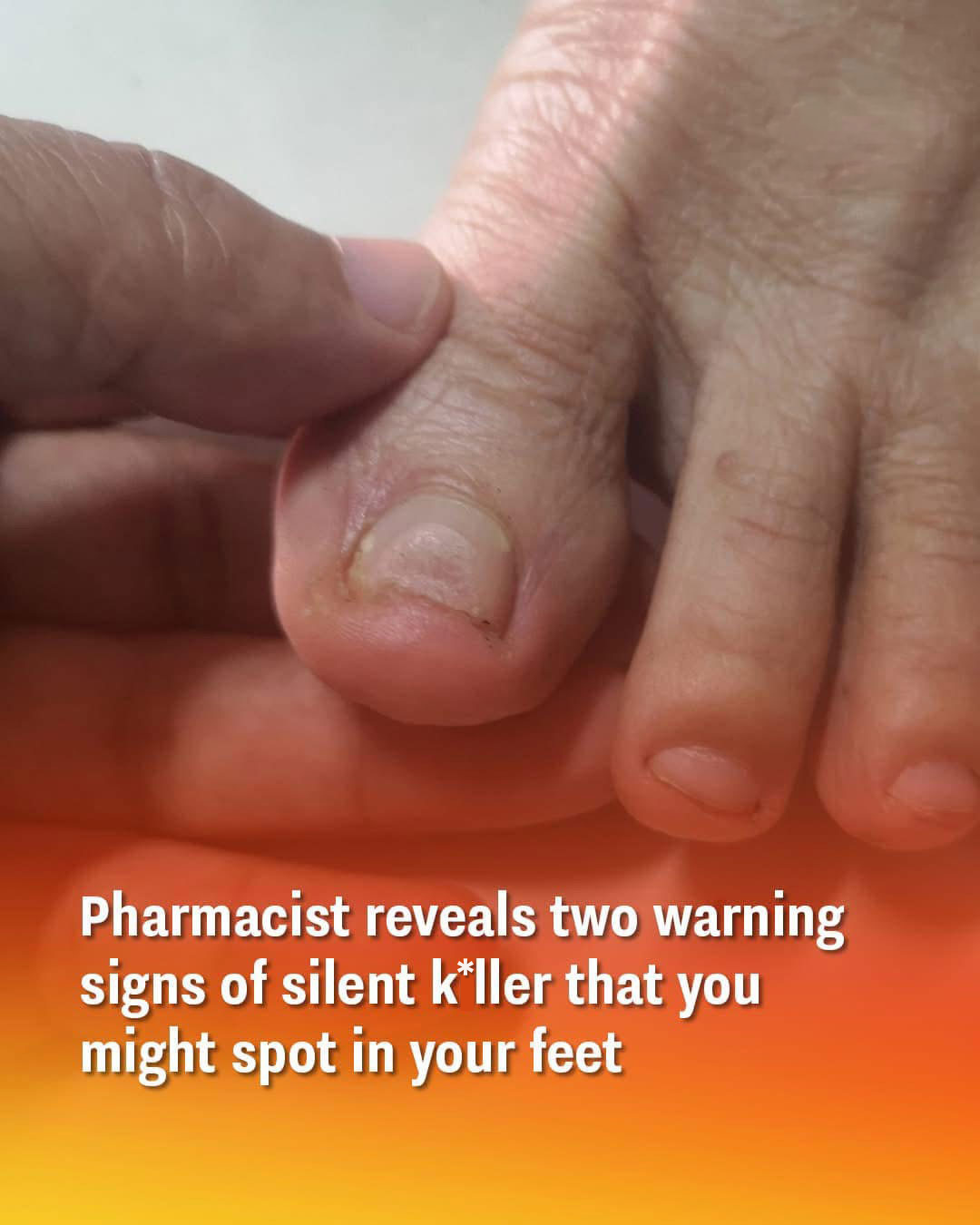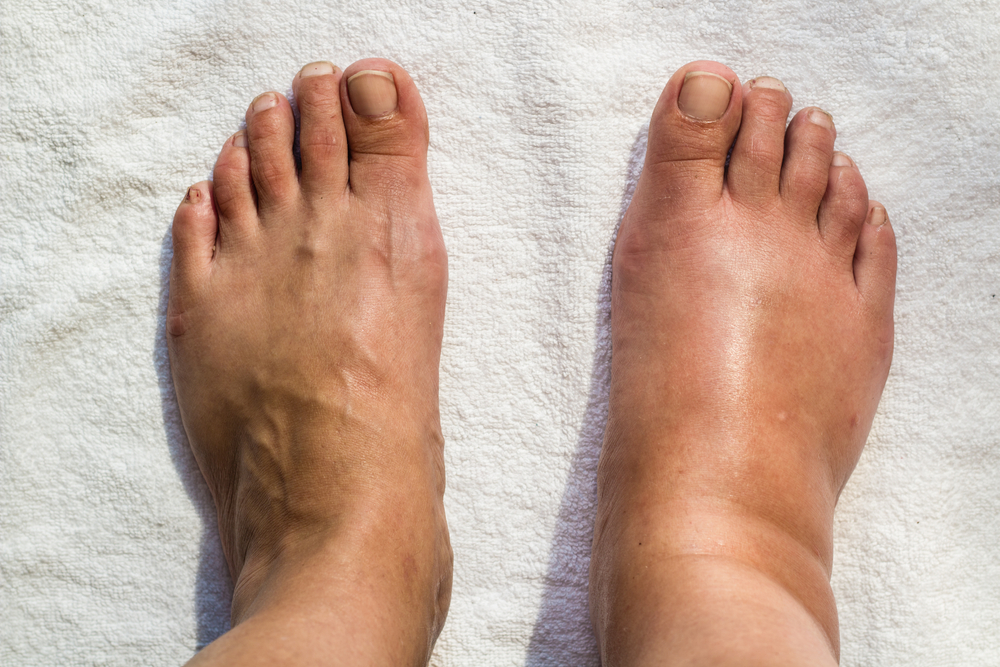
Let’s be real—most of us don’t give much thought to our feet unless we’re getting a pedicure. But we should. These often-overlooked parts of our body can actually reveal a lot about our overall health, particularly when it comes to serious conditions like heart disease and diabetes.
Experts suggest that subtle indications in our feet may point to more serious health issues like heart disease and diabetes. We need to grasp the amazing link between our feet and our health, so we can correctly recognize when our feet are signaling that something is amiss.
Signs of Heart Disease in Your Feet
Because our feet are the farthest body parts from the heart, they’re particularly vulnerable to circulation issues. According to experts, tiny blood vessels in our toes can become clogged with fat, a common indicator of heart disease.

Symptoms to watch for include cold, numb, painful, or swollen feet. Thickened, brittle toenails can also signal an underlying heart condition. If you experience any of these signs, it’s important to see a doctor as soon as possible.
Treatment for heart disease depends on its severity and may involve lifestyle changes, medication, or even surgical intervention. Prevention is key—maintaining a healthy diet, regular exercise, good sleep, and avoiding tobacco and alcohol can significantly lower the risk of developing heart disease.
Symptoms of Diabetes in the Feet
Your feet may also be warning you about diabetes, which is often linked to heart disease. Tingling, burning, pain, or loss of sensation in the feet are common indicators. Other signs include cracked or dry skin, slow-healing sores, fungal infections, and even unexplained stumbling or tripping due to reduced feeling in the feet.

If you notice these symptoms, it’s crucial to seek medical attention. They could indicate not only the presence of diabetes but also that it is already in an advanced stage. Managing diabetes typically involves blood sugar control, lifestyle changes, medication, and monitoring for complications such as neuropathy.
Both prevention and treatment involve maintaining a healthy weight, staying physically active, following a balanced diet, and regularly checking blood sugar levels.
Paying Attention to Your Feet
Recognizing the connection between foot health and overall well-being can lead to early detection and treatment of serious conditions. Regular foot checks, timely medical consultations, and adherence to prescribed treatments can make a huge difference in preventing complications.
So, let’s start paying closer attention to our feet—they may be telling us more than we realize.







